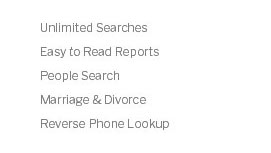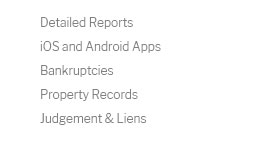 |
 |
|---|
|
|
|---|
 |
 |
 |
 |
|---|---|---|---|
 |
 |
 |
|
 |
|||
 |
 |
 |
|
 |
|||
 |
 |
 |
|
 |
|||

search public eviction records: comparing popular options to stay informedWhy these records matterEviction filings can reveal tenancy risks, payment disputes, or misunderstandings. Accessing official data promotes fairness, but laws vary by state, and some cases are sealed or later dismissed, so context is essential. Where to lookGovernment portalsCounty clerk and statewide judiciary sites often provide docket lookups by name, case number, or address. They are authoritative and frequently updated, though interfaces differ and exact-name matching can miss variations. Some courts charge small fees for documents. Commercial toolsAggregated databases and tenant screening platforms offer multi-state searches and summaries. They trade convenience for potential delays, coverage gaps, or inconsistent identifiers. Always verify a hit against the originating court record before making decisions.
Tips for reliable results
Document sources, keep copies of dockets, and apply consistent criteria. When screening, obtain consent and follow applicable privacy and housing rules.
|
|---|